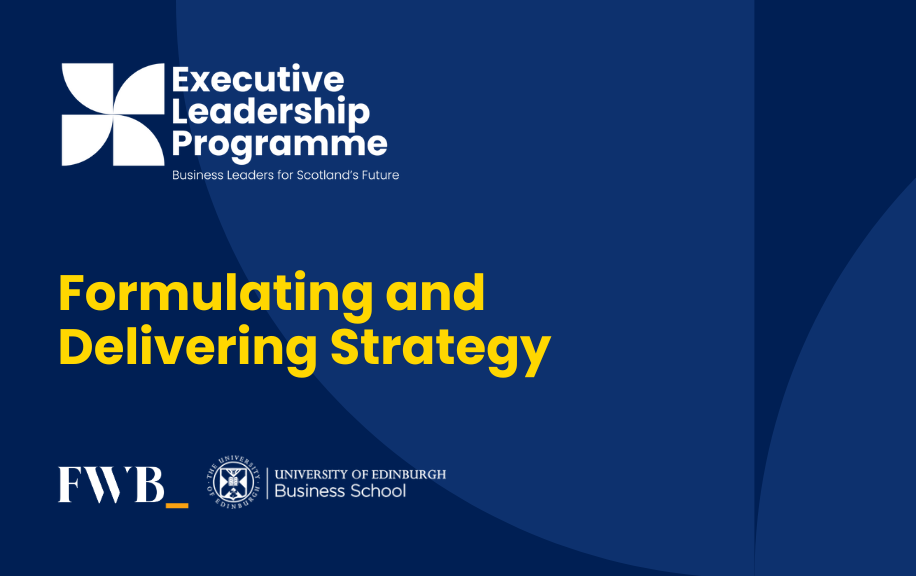Contact the team at FWB to discuss your individual or company requirements, or to discover more about our specialist services.
Event Insights: How to Deliver a Net Zero Economy
10 June 2025
- FWB Events
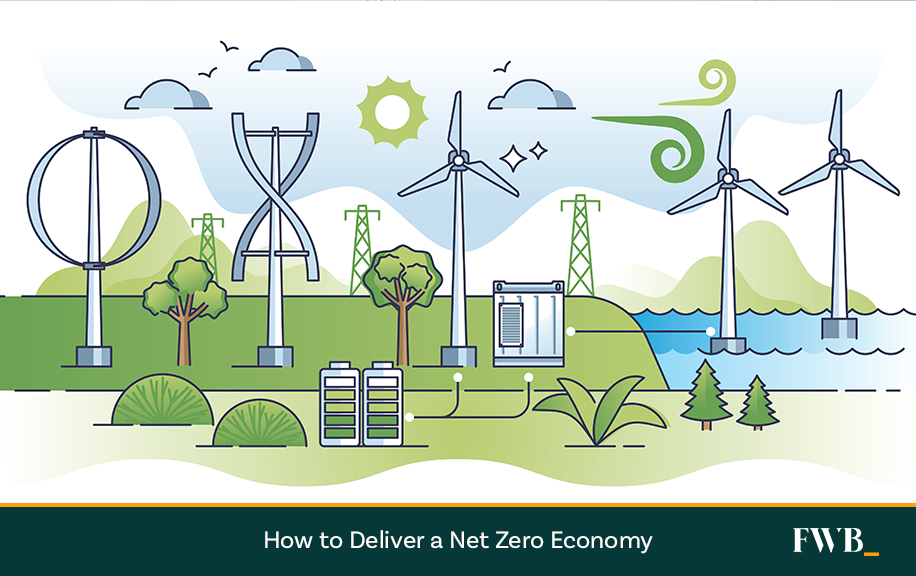
In partnership with Burness Paull, FWB recently hosted a roundtable dinner to discuss Energy Transition and how we might realistically and practically deliver a net zero economy.
We were joined by around twenty senior leaders from the energy industry, including our evening’s speaker, Ian Funnell.
A prominent leader in the UK energy sector, Ian has over 30 years of executive experience across nuclear, renewables, and engineering. He currently chairs the UK National Nuclear Laboratory and the Energy Futures Lab at Imperial College London. Ian is also Chair of the NG Bailey Group and previously served as CEO of Hitachi Energy UK & Ireland and ABB UK Ltd.
Known for his work promoting nuclear energy as a vital component of the UK’s net-zero strategy, particularly through advanced modular reactors and hydrogen production, Ian began the evening with a series of thoughts and provocations which led to a dynamic and candid discussion of the opportunities and the challenges we face in making progress towards a net zero economy.
Net Zero: Turning the Super Tanker
Achieving Net Zero emissions is one of the greatest challenges of our time, comparable to turning around a supertanker. After two centuries of escalating energy consumption, we now face the daunting task of reversing this trajectory within just two decades. The stakes could not be higher: a global temperature rise of 4°C would destabilise the environment, while a 6°C increase could render the planet uninhabitable. The time to act is now.
Personal Accountability and the Carbon Footprint Gap
Ian opened the discussion with a pointed question: how many of us truly understand our personal carbon footprint? Alarmingly, even among professionals in the energy sector, few could answer confidently. This highlights a broader issue—while we talk about Net Zero, many individuals remain unclear on how to contribute meaningfully. Do we understand the carbon impact of our supply chains? Are we making informed choices in our daily lives?
The Role of Oil, Gas, and Planning Policy
Despite the push for renewables, oil and gas remain essential. The sector is not dying, but the narrative around its role in the transition is often poorly communicated. Meanwhile, planning policy must evolve. New buildings should be designed to be passive or, at minimum, carbon negative. Yet, in Scotland, planning and consenting delays are stalling progress and deterring investment.
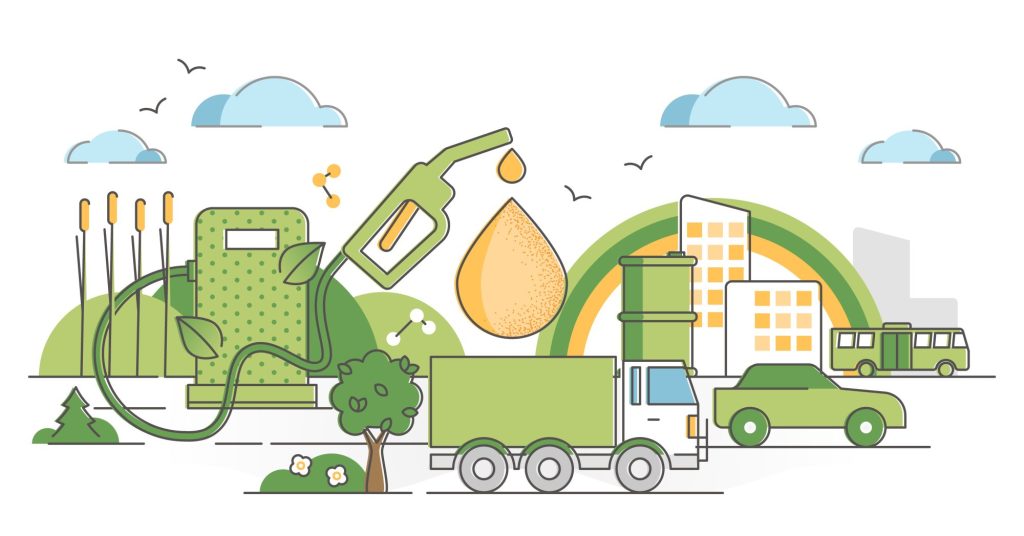
Scotland’s Opportunity—and Its Bottlenecks
Scotland has the resources, the innovation, and the financial tools to lead the energy transition. However, political indecision and greenwashing are undermining progress. To attract investment, Scotland must present itself as a stable, attractive market. This requires bold, clear policy direction and a commitment to cutting red tape.
Collaboration and Carbon Offsetting
Policy alone is not enough. Greater collaboration—especially between the energy and finance sectors—is essential. Early-stage partnerships can help model and fund projects more effectively. Carbon offsetting will also play a role, requiring cooperation between emitters and those capable of absorbing carbon.
Start Small, Fail Fast
The path to Net Zero doesn’t require only mega-projects. Smaller, scalable initiatives can drive momentum. Mistakes will happen, but if we learn quickly and adapt, progress will follow. The key is to start.
Beyond Hydrogen: Exploring Alternatives
Hydrogen is often touted as a silver bullet, but its high cost and infrastructure demands mean it won’t be viable at scale until closer to 2050. Other technologies, such as nuclear energy, will be critical—particularly in sectors that are difficult to decarbonize.
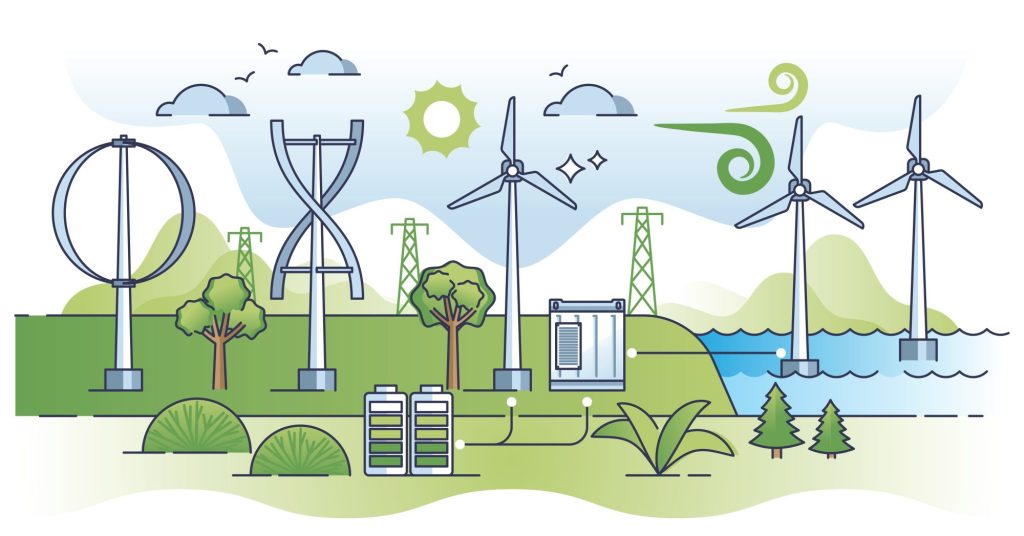
The Social Dimension: Affordability and Equity
The transition must be fair. For many, the idea of a “carbon footprint” is a luxury they can’t afford. Installing low-carbon heating systems that are more expensive than gas risks pushing vulnerable households into fuel poverty. Policymakers must balance environmental goals with social equity.
Regulatory Lag and Investment Friction
Regulations are not keeping pace with innovation. This creates uncertainty, discourages investment, and disrupts supply chains. We must find ways to monetise long-term savings to fund upfront investments. The current system, bogged down by bureaucracy, often favours large corporations at the expense of smaller, more agile players.
Behavioural Change and Net Zero Fatigue
There is growing fatigue around Net Zero. The desire to do the right thing is strong, but the process is often too complex and costly. In the UK, we need to simplify the journey and embrace a culture of rapid experimentation. Subsidies are essential, but they are currently fragmented across the financial ecosystem.
Scaling Innovation and the Role of Trade Associations
Scotland is rich in innovation but lacks the ambition to scale and commercialise effectively. Trade associations could play a pivotal role in unifying business voices and avoiding fragmented lobbying efforts. A clear, coordinated approach is needed to influence government policy.
Ports, Power, and Community Impact
Ports are already adapting to future fuel demands, but electric options remain 3.5 times more expensive than traditional fuels. Meanwhile, wind energy is gaining acceptance, with tangible benefits for rural communities, including job creation, shifting perceptions, and driving local development.
The Clock Is Ticking
Reaching Net Zero by 2050 is an epoch-defining milestone. Innovation from the next generation will be vital, but we cannot wait. Beyond 2050, the focus will shift from prevention to planetary repair. The urgency is slipping, and global political instability only adds to the challenge, particularly with China’s central role in global supply chains.
AI and the Carbon Cost of Digital Progress
No conversation about the future is complete without addressing AI. While transformative, AI also contributes significantly to carbon emissions through energy-intensive data centres. An AI search can consume up to ten times more energy than a standard web query. As we embrace digital tools, we must also account for their environmental impact.
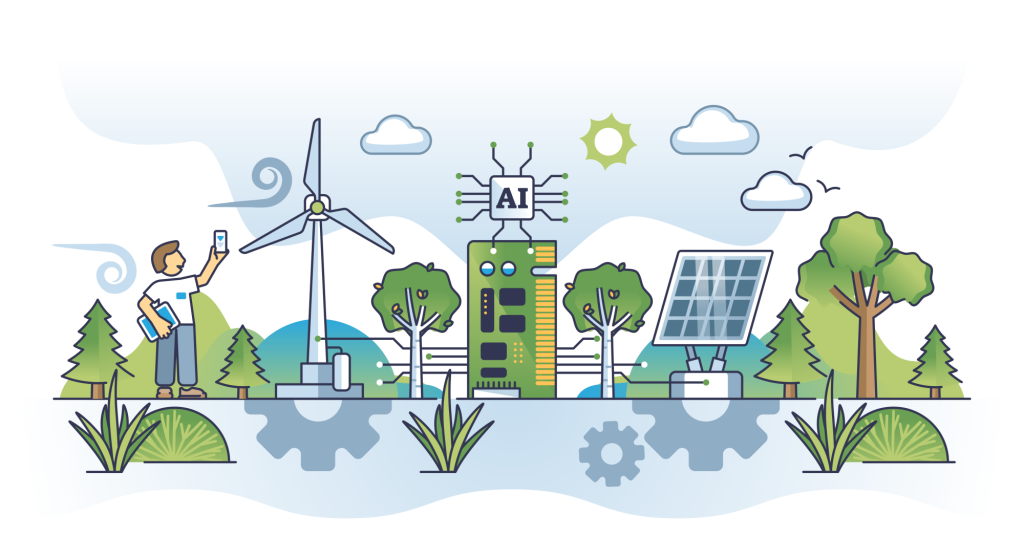
Conclusion: A Call to Action
We are all part of the ecosystem. The transition to Net Zero must be fair, fast, and inclusive. It’s time to move beyond rhetoric and into action—starting small, collaborating widely, and pushing for the policy and investment needed to secure a sustainable future.





